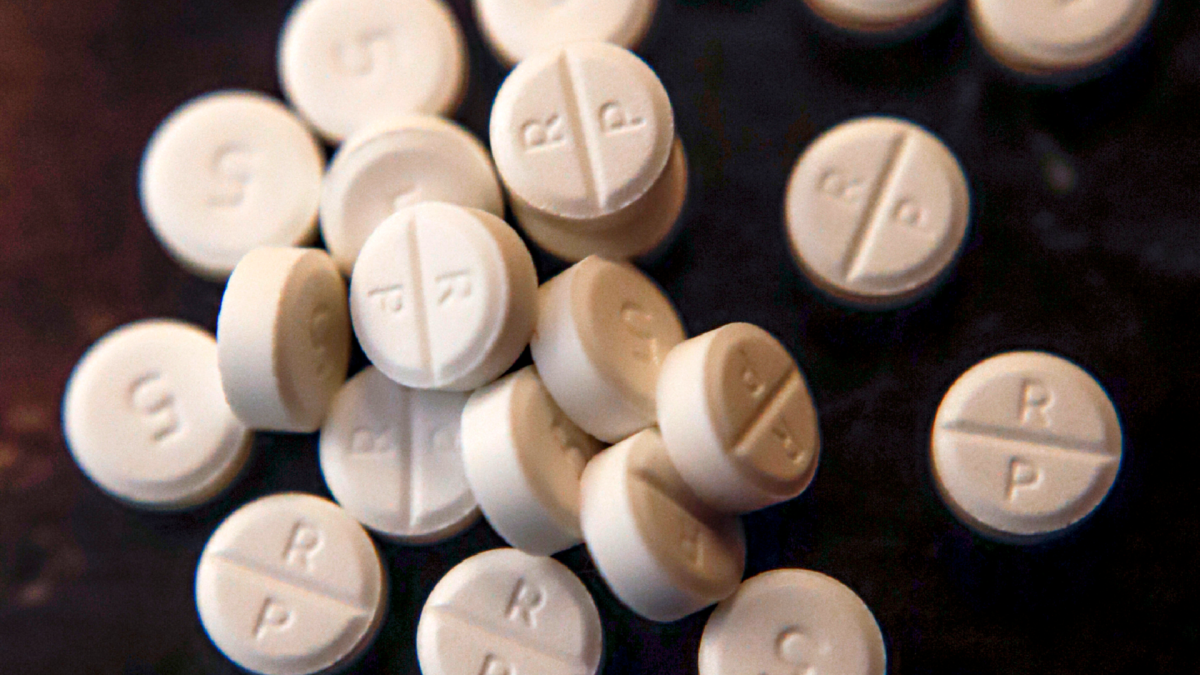Hamilton is supporting calls for decriminalization of the possession of illegal drugs for personal use and is requesting inclusion in a federal pilot project that’s already been cleared for British Columbia.

Councillors voted 10 to 2 in a board of health motion on Wednesday to reach out to politicians in Ottawa to be added to the list of jurisdictions looking to decriminalize possession amid the gravity of an opioid crisis across the GTA.
They also voted to communicate their support for more stringent penalties on the illegal manufacture of some drugs and a call for the feds to scale up prevention, harm reduction and treatment services.
Mayor Fred Eisenberger, who essentially drafted the motion through correspondence with other Ontario public health units, says it’s recognition that substance use is a health issue, and not one of “morality, willpower or criminal justice.”
“No one, I think, gets up in the morning and says ‘I’m going to do everything I can to get addicted to a substance so that I can ruin my life,'” Eisenberger told councillors.
Toronto has been waiting for it’s request to decriminalize the possession of illicit drugs for personal use for close to seven months.

Get weekly health news
In May, B.C. became Canada’s first jurisdiction to be granted an exemption to Canada’s Controlled Drugs and Substances Act, removing criminal penalties for possession of small amounts of some hard drugs.
More than 7,700 British Columbians have died from illicit drug overdoses since the province declared a public health emergency in 2016.
The three-year exemption, only covering adults 18 years and older, takes effect on Jan. 31, 2023 and runs until Jan. 31, 2026.
Substances will remain illegal, but adults who have 2.5 grams or less of opioids, cocaine, methamphetamine and MDMA for personal use will no longer be arrested, charged or have their drugs seized.
A Hamilton staff report revealed the city has annual increases in substance abuse documented via data on emergency department visits, hospital admissions, poisonings and deaths.
In 2019, 189 deaths were attributed to illegal substances, including opioids, cocaine and methamphetamine.
From 2012 to 2021, opioid overdoses increased by 494 per cent with males aged 25-44 years old predominately impacted, according to public health numbers.
In 2021 that group accounted for 46 per cent of opioid overdoses compared to the 24 per cent recorded in 2012.
Ancaster Coun. Lloyd Ferguson and Central Mountain’s Esther Pauls were the detractors in the vote.
Ferguson suggested legalizing or decriminalizing drugs could escalate crime in the city.
“If it’s not illegal, it’s going to be tempting for more people to purchase these black market drugs which results in further criminal activity — breaking into cars, breaking into homes to try to find cash to be able to make this purchase,” Ferguson said to councillors.
– with files from The Canadian Press







Comments
Want to discuss? Please read our Commenting Policy first.